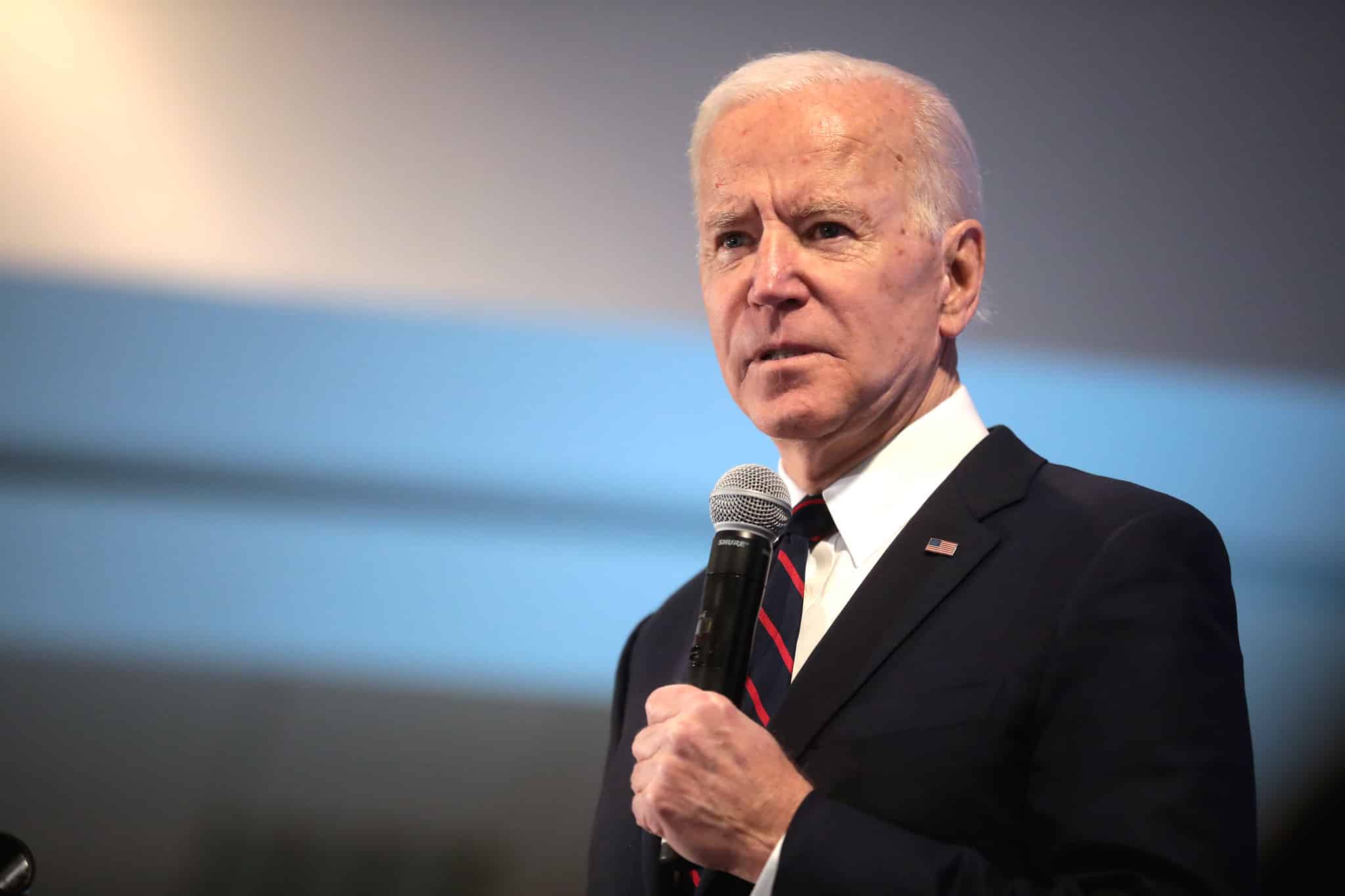Efforts to build a bipartisan consensus on an infrastructure bill that could pass the Senate appear to be crumbling faster than America’s roads and bridges.
On Friday, President Joe Biden said that a Republican counter-offer to his $1.7 trillion infrastructure plan was not good enough, according to the White House.
Despite Biden telling Republican Sen. Shelley Moore Capito of West Virginia that her offer was not good enough, the two sides will keep talking on Monday, according to a White House statement.
The statement said that in a call with Capito, “The President expressed his gratitude for her effort and goodwill, but also indicated that the current offer did not meet his objectives to grow the economy, tackle the climate crisis, and create new jobs.”
“He indicated to Senator Capito that he would continue to engage a number of Senators in both parties in the hopes of achieving a more substantial package. They agreed to speak again on Monday,” the statement said.
Capito said Republicans would support $928 billion in spending for infrastructure.
But the gap is wider than the difference between $1.7 trillion and $928 billion because Biden wants all new spending and Capito is only proposed a little less than $300 billion in new spending.
The other major gap between the two sides is how to pay for the spending.
Biden has called for a tax increase on corporations to fund his infrastructure proposal.
However, moderate Democratic Sen. Joe Manchin of West Virginia, who also keeps insisting Democrats need a bipartisan bill, opposes increasing corporate taxes from 21 percent to 28 percent, and would instead go for a figure of 25 percent, according to The Hill.
Republicans, at least to date, have presented a solid front that they do not want to undo the 2017 tax cuts.
Some Democrats say that their party has spent all the time it needs to try to deal with Republicans.
Hmm. When the GOP passed legislation to provide a $1 trillion tax break to corporations & the 1% without a single Democratic vote, I didn’t hear my Republican colleagues say “Wait. It has to be bipartisan.” Please don’t tell me we can’t use the same tools to help working people.
— Bernie Sanders (@SenSanders) June 4, 2021
If what I’m reading is true, I would have a very hard time voting yes on this bill.
$2 trillion was already the compromise. @POTUS can’t expect us to vote for an infrastructure deal dictated by the Republican Party. https://t.co/rdStGkTktw
— Jamaal Bowman (@JamaalBowmanNY) June 3, 2021
When Donald Trump cut the corporate tax rate from 35% to 21%, it wasn’t bipartisan. Not a single Democrat voted in favor.
There’s no reason that we need to be bipartisan in repealing that tax cut.
— Jamaal Bowman (@JamaalBowmanNY) June 4, 2021
However, Howard Gleckman, a senior fellow at the Urban-Brookings Tax Policy Center, Democrats are uneasy about being the sole owners of a tax increase going into the 2022 elections.
“Democrats I think are nervous about going it alone about a big tax increase, even if the tax increase is just on rich people and corporations,” he said.
Gleckman said, however, that this is not an effort that will fade away.
“Joe Biden has not taken this as far as he has to not come away with a bill,” Gleckman said, according to The Hill.
This article appeared originally on The Western Journal.

























 Continue with Google
Continue with Google